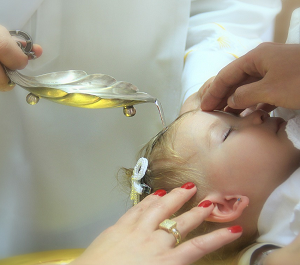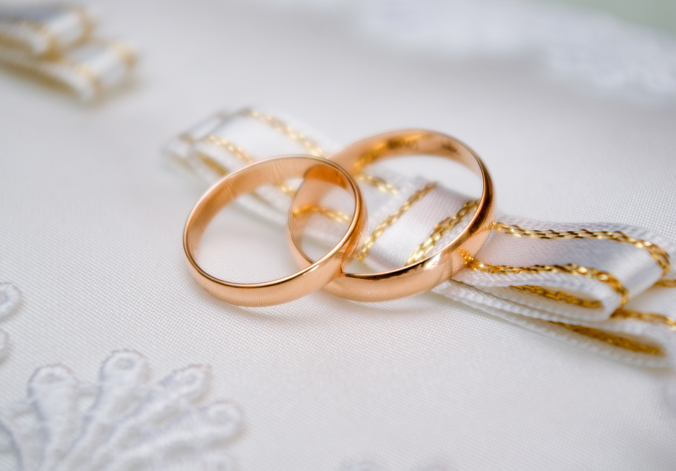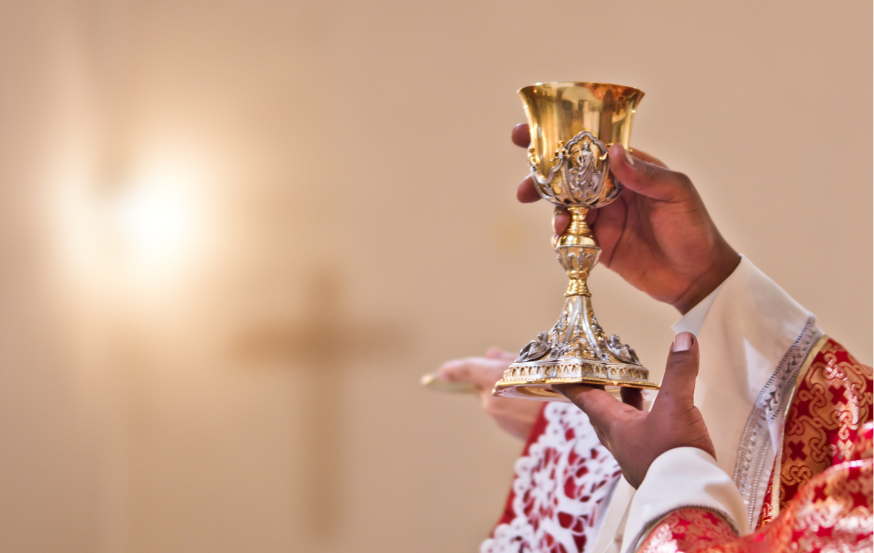The sacraments are signs that give us an extraordinary graces. They are a power that allows us to be in contact with God, to love and to “bear fruit” in all areas of life. They are signs that, as in language, allow us to fellowship with God and to receive his salvation and his divine life. They are a free gift from our Heavenly Father who unites us to Christ through the action of the Holy Spirit. They also connect men, not only to God, but also to their brothers and sisters and incorporate into the Church.
There are seven sacraments, and all have four dimensions:
- a sign, what we see;
- a word, what we hear;
- a symbol, what the sign and the word express;
- an effect, the grace of God that he transmits.
Christ “is there by virtue in the sacraments to the point that when someone baptizes, it is Christ himself who baptizes” (VATICAN II COUNCIL, Constitution Sacrosanctum, No. 7).
In marking the most decisive moments of human life, the seven sacraments show that it is our whole existence, in its various stages, that is called to be lived with Christ:
- The three sacraments of Christian initiation: Baptism, Confirmation and Eucharist allow us to enter into the mystery of the dead and risen Christ and to grow in faith.
- The Sacraments of Healing: Reconciliation and Anointing of the Sick open a path of hope.
- The Sacraments of Commitment: The Order and Marriage.
The 3 sacraments of Christian initiation are received together, in the same celebration, when they are received by an adult or a child of school age. When it is a baby or a small child, the three sacraments are received separately, at three different times.








